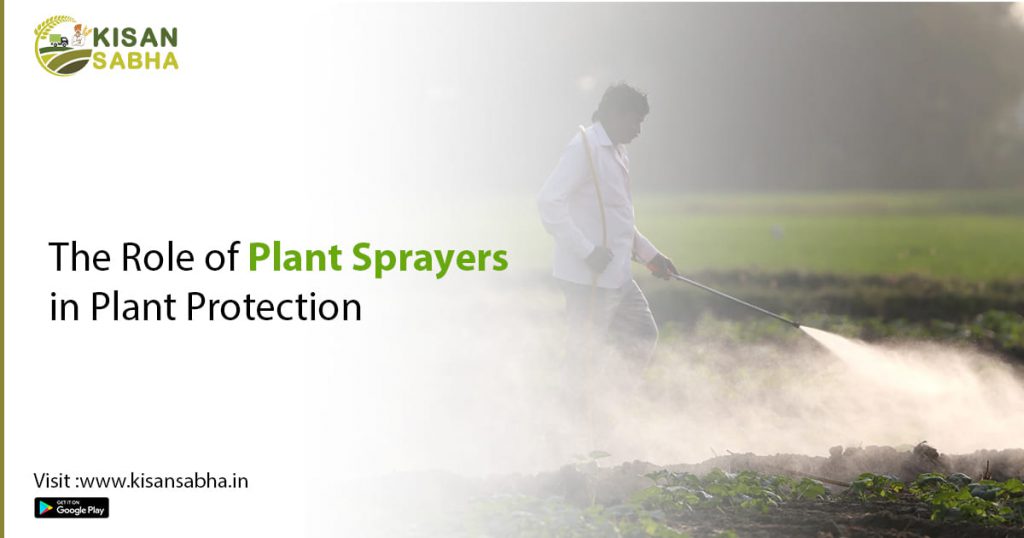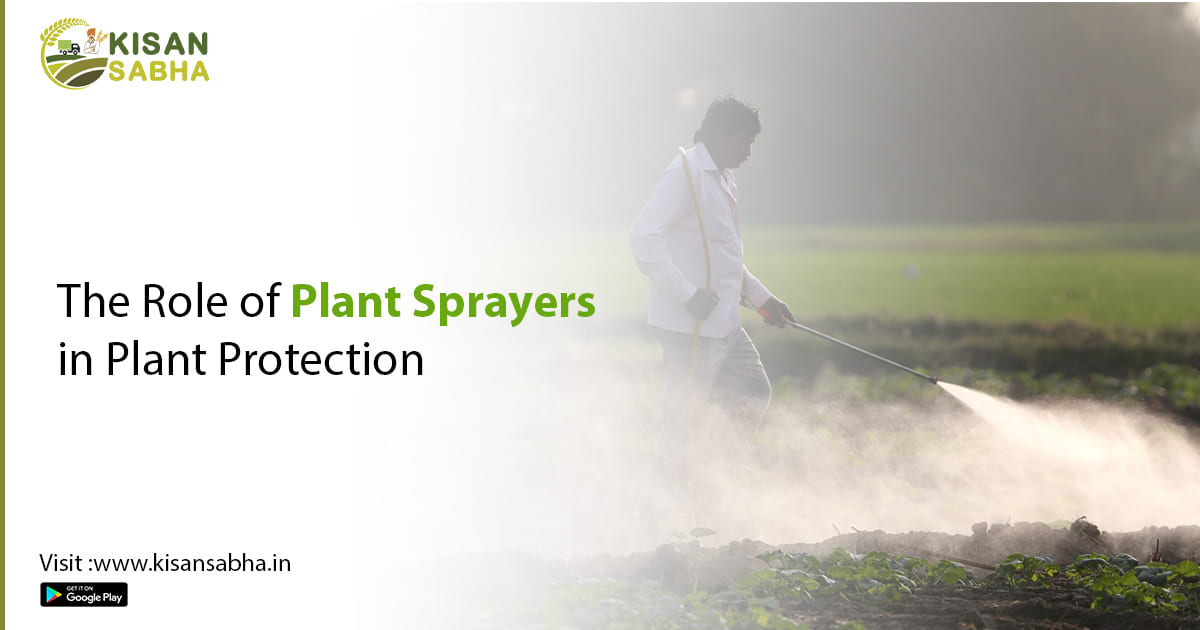Farmers now have access to a wealth of cutting-edge tools and resources thanks to ongoing technological breakthroughs in the agricultural industry, which help them fulfill their mission of feeding the world’s population. Regarding plant protection, many farmers have started employing sprayers to irrigate their crops and apply chemicals. Here, we’ve covered a few typical advantages of using hand sprayers in agriculture.

Features of Plant Sprayers in Plant Protection
Effective in the Control of Pests
Sprayers work well to eliminate pests. Alternatively, pesticides can be sprayed onto affected areas after being combined with water. Farmers must use sprayers every two weeks in any region with a high pest infestation. Even livestock may be sprayed with pesticides to eradicate ticks and other harmful pests to reduce output.
Herbicides are sprayed
Sprayers make it simple to eliminate undesirable vegetation. They use a sprayer to mix water and herbicide for this. The farmer then applies it later as a spray to unwanted plants, which dries after a few days. As a result of technological advancement, researchers have created a variety of novel chemicals that can be used to identify and eradicate just undesirable crops from a plot of land. Such selective herbicides can also be used by sprayers, according to farmers.
Fungicides being sprayed
Hand sprayers are used ford sprayers to control fungus, rust, blights, and mil, decreasing agricultural productivity; these pests are the worst for plants. Parasitic fungi also harm animals. In contrast, you can easily control them when using a hand sprayer. Fungicides are typically liquid products that contain 90% sulfur and are available. Because they spare the leaves, sprayers are efficient at controlling fungus.
Application of liquid fertilizer
Liquid fertilizer is an appropriate technique for usage in various dryland and soil erosion-prone locations. Here, liquid fertilizer is included in the sprayer to improve the procedure’s effectiveness. A specific group of crops is targeted by liquid fertilizer, and there is no chance of loss due to evaporation or exposure to the wind. These agricultural sprayers aid in crop establishment and encourage early rooting. Liquid fertilizer application also serves as irrigation in addition to providing vital nutrients.
Practical of fruiting, flowering, and plant growth
Plant growth efficiency is significantly influenced by the application method. Plant growth regulators can be sprayed on plants to hasten the effects on fruiting, flowering, and flower production. It will cure the plant more quickly and in an environmentally friendly manner, which is one of its most significant benefits.
Hydration and Irrigation
High-pressure sprayers are frequently employed in agriculture on little irrigation systems. In addition, farmers use freshwater to clear out any residue before harvesting any crop. Sprayers come in handy in any weather. These can also cool animals for various agricultural reasons, including insects and livestock.
Also Read: Analyzing the Advantages and Disadvantages of Mixed Farming
Conclusion
Sprayers have several uses in agriculture, whether one needs to apply water, herbicides, insecticides, fertilizer, or anything else. It is laborious to apply each of these chemicals and even water manually. Fortunately, sprayers operate automatically, enabling farmers to do the process in hours. Furthermore, sprayers cover a considerable amount of ground compared to any other tool used by farmers. So, it’s safe to assume that a farm would be lacking without sprayers.



